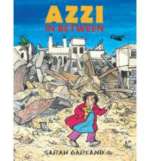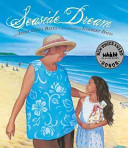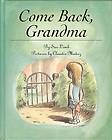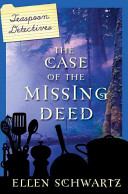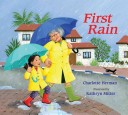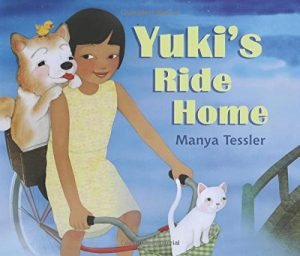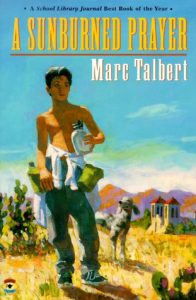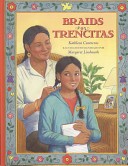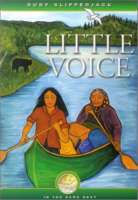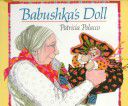
Natasha isn’t really a bad girl. It’s just that she wants to play on the swing now, not after the wash has been hung up to dry. And she wants her soup now, not after the goats have been fed. Looking after Natasha keeps Babushka, Natasha’s grandmother, very busy.Then, after lunch, Natasha notices a doll sitting on Babushka’s shelf…a doll Babushka tells Natasha she played with just once when she was a little girl. When Natasha plays with the doll while Babushka goes to the store for groceries, she discovers why once is enough with Babushka’s doll…and finds out just how tiring it can be to take care of a child who wants everything now.

